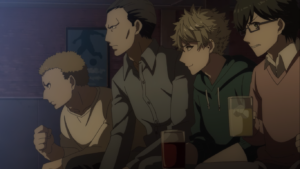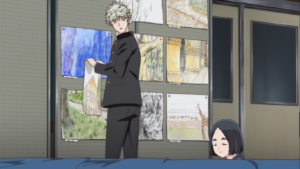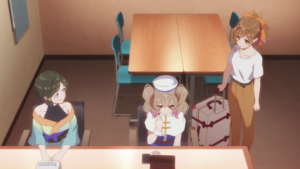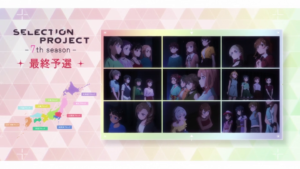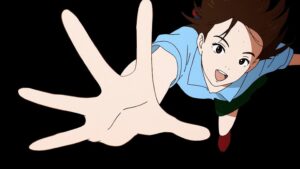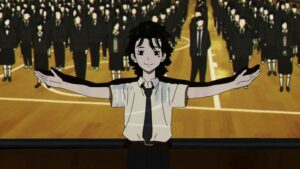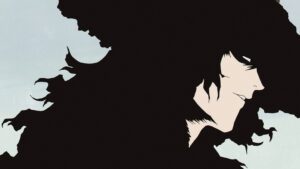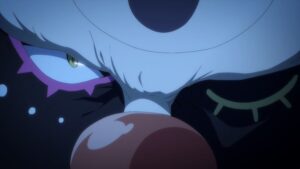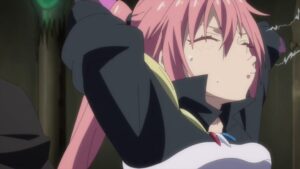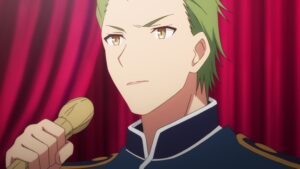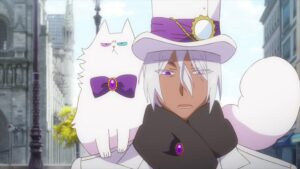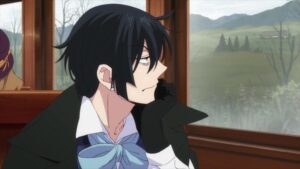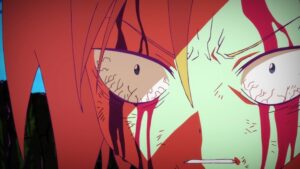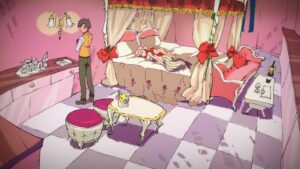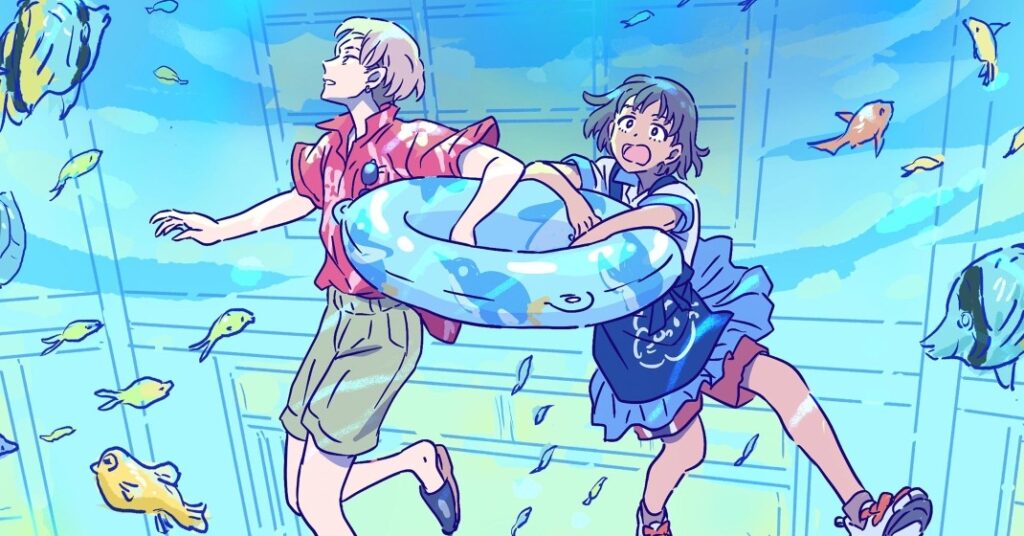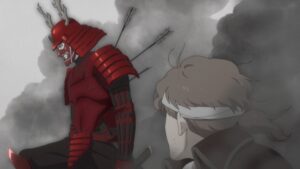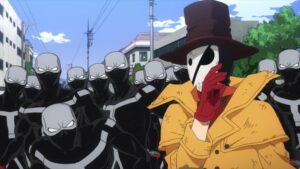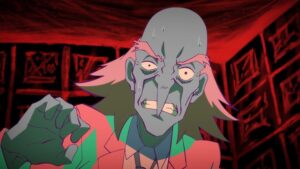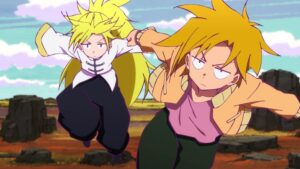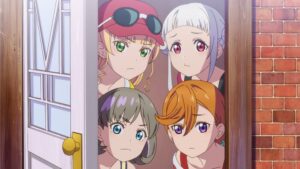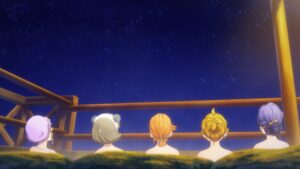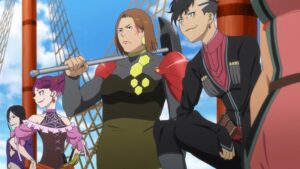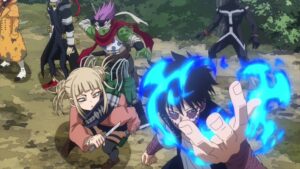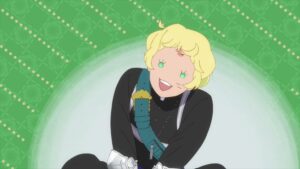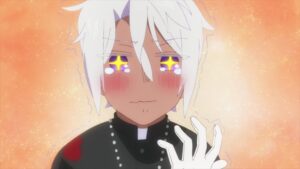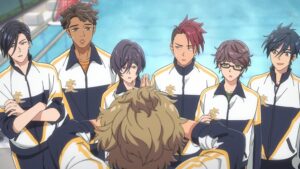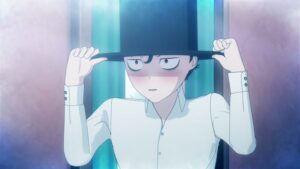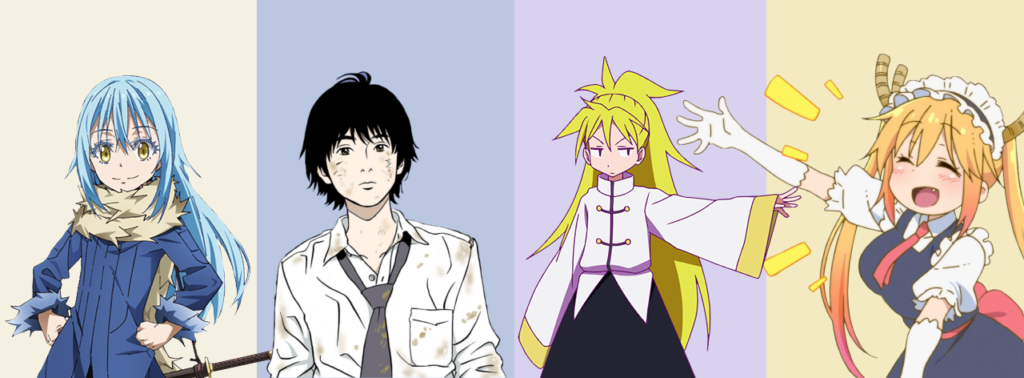Blue Period
Short Synopsis: A high-functioning delinquent falls in love for the first time.
Lenlo: If I’m being honest, I don’t think Blue Period needs or benefits from an adaptation. Oh it looks fine. So far we are getting the colors I wanted, something to set it apart from the bright moe-blobs of every season. And as Armi says below the score and VA work are nice. But in its transition to an anime Blue Period has lost what I think is one of its greatest strengths (and manga’s as a whole): Self pacing. The ability to decide how fast, or slow, you consume a story. The option to sit and linger on a single page for 10 minutes soaking in the art and narrative. And Blue Period is a series that benefits from that more than most. The way it uses art and the expressions of its characters, these things I always want to look at for minutes at a time. But I can’t do that with an anime. Instead I get the Director’s pacing, I’m forced to move through the story at a rate that I don’t necessarily like. So yeah. I like Blue Period, I think it’s an acceptable adaptation so far and that should be enough to get what is one of the stronger stories of the season across well. But I honestly recommend anyone that enjoys the anime to go read the manga afterwards, at your pace.
Potential: 70%
Armitage: On the surface, Blue Period is the kind of story we have seen every possible iteration of in all forms of media. It’s an underdog story about a guy starting from the bottom and trying to succeed against insurmountable odds. Well, that’s what the core premise would have you believe, at least. Still, Blue Period is one story that so many people who are familiar with it have the deepest connection towards and that’s because they see themselves mirrored in it. Their dreams, their aspirations, their self-doubt, their constant yearning to belong. This is a story that channels all these feelings within its narrative and it does so without a hint of pretense. There are no shounen clichés here, no overpowered protagonists and no malicious villains. Blue Period wears its heart on its sleeve but it’s also a rather erudite narrative. It is no exaggeration to say that I have learned more about artistic expression through this one series (and by researching the various concepts it introduces) than I have from all previous instances of my exposure to art, combined. So, yeah, basically this is as accomplished as modern source material for an anime can possibly get.
Which leaves us with the adaptation. And honestly, it’s pretty damn solid. See, all I wanted from this premiere was for it to just have consistent animation, art pieces that do not look uninspired, voices that fit the characters and a general color palette that feels like it understands the manga’s ethos. And we get all that. Add to that a fantastically understated background score and you have got a classic in the making.
Though, as a disclaimer for potential viewers, I would say that if the somewhat uneventful pace or its naturalistic approach to dramatic storytelling that you saw in the premiere was something you didn’t like, you might not enjoy Blue Period by the end. This is not a story that will ever get your blood pumping with exhilaration but it might just build a new home for itself along the least visited roads of your heart, if you let it.
Potential: To be what you need.
Selection Project
Short Synopsis: American Idol: Anime edition (or, The Goddess of Idol School).
Armitage: This show basically shoots itself in the foot by starting off with a first half that’s basically 200 characters thrown at the viewer without any build-up. Like really, the only thing you can get from the first 10 minutes of this premiere is that this show has pretty character designs, which is to be expected from Doga Kobo. But credit where credit is due, the actual production of Selection Project is really solid. Detailed backgrounds, great attention to detail like the smart TV connected to the tablet and an actual ‘korean heart’ symbol for the reality show’s ‘Like’ icon make the world feel modern and lived in while the impressive character animations bring the characters to life. It’s a shame that the show barely focuses on all our lead to have us make any connection to her goal of becoming an idol. Which is a shame because the scene in which she has a panic attack on screen is masterfully done without a hint of melodrama. All in all, I did see enough positives here to believe that if Selection Project can narrow down its focus to a manageable amount of characters, it can be a very watchable show.
Potential: 50%
Mario: Selection Project combines two popular formats (singing competitions and anime) into one and for me, those are the two pop culture mediums that I have spent the most time watching when I want to relax and shut down my brain. So far it’s not entirely successful – the main girl does not particularly stand out, the supporting cast is so broad that we only see their dominant (read: stock) traits so far, and the singing competition has some questionable rules. But there are two things that make Selection Project different from your normal idol show. First, Selection Project is more about individual competition than forming an idol group so the dynamic is going to be different – the cast doesn’t have to work together but sees each other more as rivals. Second, the decision to drop our lead character from the competition at the end is a welcome one, not because she won’t be back (she will), but more because the show pulls no punches on having the character experience failure and hurt. This is good enough to guarantee a second chance from me.
Potential: 30%
Isekai Shokudou 2
Short Synopsis: A blonde demon waitress begrudgingly shares some leftover corn potage after a hard day’s work.
Wooper: I’d only seen the first episode of Isekai Shokudou 1 before jumping into Isekai Shokudou 2, so you’ll have to pardon me if I’m missing some critical lore, but this premiere was just as average as the first. That’s not a damning indictment or anything (more than half of anime are well below average, in direct violation of mathematical principles), but given the concept behind the series, it could aim a lot higher. Imagine a version of this show where the focus stays on the patrons at the restaurant, rather than the Goody Two-Shoes demon who works there, and over time we develop a roster of regulars who discuss current events and swap stories over delicious food. I’d love to see a more topical version of this show, or watch as a mage and a druid strike up a romance after a few dates at the restaurant, rather than listen to the show extol the virtues of cheese at multiple points per episode. I know I’m criticizing the show for what it isn’t, rather than what it is, but that’s because the show is neither good nor bad – it’s merely a competent, low-stakes fantasy series to throw on after work. It doesn’t need to be anything else, but that also means it’s not my bag.
Potential: 50%
Amun: …Wooper, you gotta watch more than the first episode if you’re going to ask for something, because that’s basically what the first season was. The mistreated demon and the dragon telepath get maybe one more episode than the other patrons, but the regulars do get the lion’s share of the focus – seeing them here four years later, I still remember all their favorite dishes. However, everything in this episode isn’t hunky dory. The animation was a little suspect, especially in the early action sequences. Isekai Shokudou has, and will always, suffer from a cast that grows exponentially. Watching someone experience commonplace human food for the first time can get old. But it’s a light hearted show that doesn’t get hung up on delusions of grandeur (looking at you, Sonny Boy) – Isekai Shokudou is the OG of the isekai small business simulators, and – in my opinion – the best.
Potential: 70%

